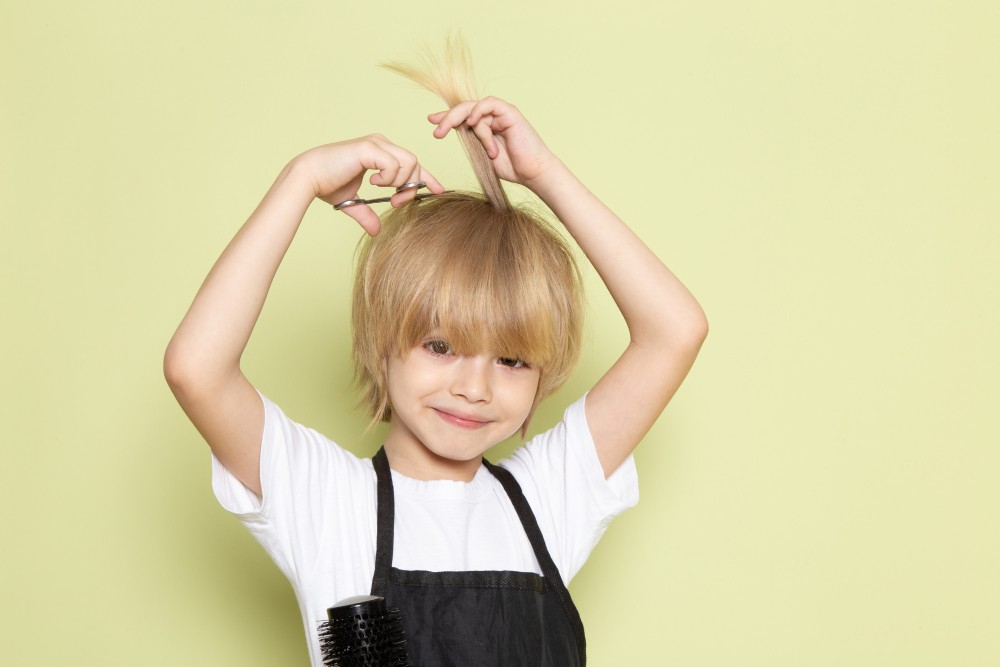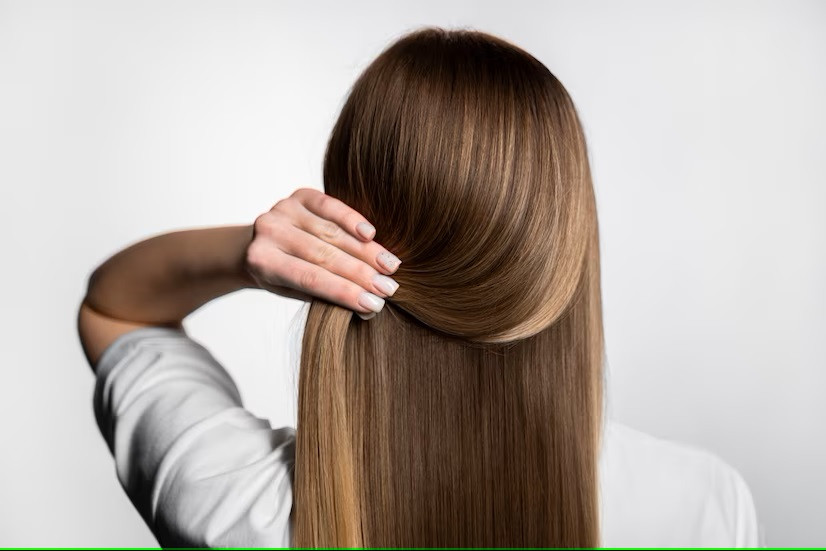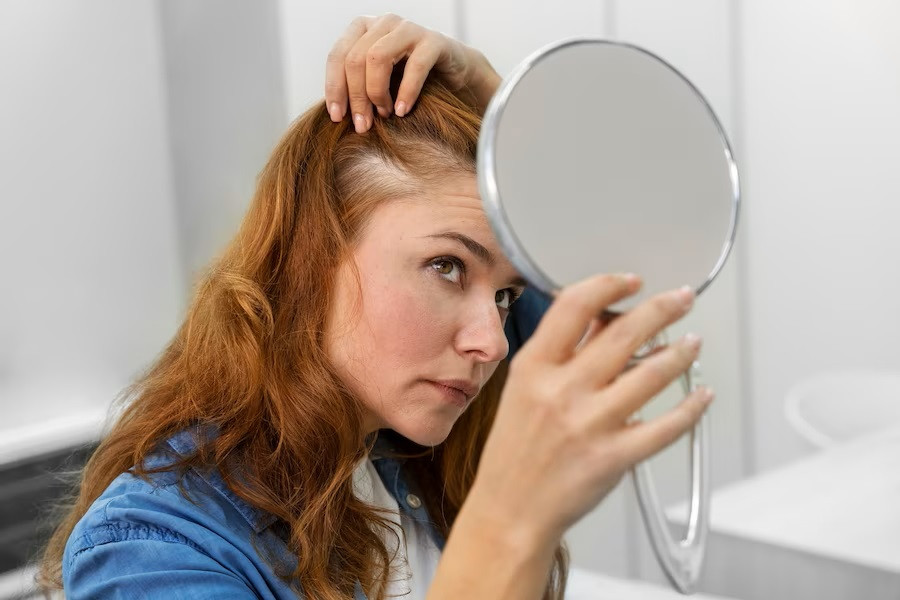Hair loss can affect both adults and children, though the causes may differ. In children, hair loss can stem from habits like tying hair too tightly or underlying medical conditions. What are the main causes of hair loss in children, and how can it be treated? Here’s a detailed explanation.
Causes of Hair Loss in Children
The reasons for hair loss in children differ significantly from those in adults. While adult hair loss is often linked to androgenetic alopecia or male pattern baldness, in children, it is commonly caused by infections, stress, nutritional deficiencies, or grooming habits.
Ringworm (Tinea Capitis)
Ringworm, or tinea capitis, is a fungal infection frequently seen in children. This condition affects the scalp, causing scaly, patchy areas of hair loss. The affected areas are often round or oval, with hair broken off close to the scalp, resembling black dots.
Alopecia Areata
Alopecia areata is an autoimmune disorder where the immune system mistakenly attacks hair follicles.
This can lead to sudden hair loss in round or oval patches. The affected areas feel smooth and soft, unlike the roughness caused by broken hair. Additional symptoms may include pitted or jagged nails.
Telogen Effluvium
Telogen effluvium is temporary hair loss triggered by physical or emotional stress. Common causes include injury, surgery, emotional trauma, or certain medications. The condition occurs when hair prematurely enters the shedding phase of the growth cycle.
Trichotillomania
Trichotillomania is a compulsive disorder where children pull, twist, or rub their hair, leading to hair loss. This behavior often serves as an emotional outlet for stress or anxiety.
Triggers can include family changes like the loss of a loved one, stress from school, or other significant life events.
Symptoms include uneven patches of broken hair and, in some cases, the ingestion of hair, which can cause digestive issues.
Nutritional Imbalances
A deficiency in certain nutrients, such as vitamin B7 (biotin) or zinc, can cause hair loss. Conversely, excessive vitamin A intake can also contribute to this problem.
Treatment for Hair Loss in Children
The treatment approach for hair loss in children depends on the underlying cause. Options include:
- Antifungal creams for treating ringworm infections.
- Corticosteroid creams applied to bald spots.
- Topical steroids or injections to stimulate hair regrowth.
- Minoxidil applied to affected areas of the scalp.
- Dietary improvements.
- Vitamins or supplements.
- Therapy and antidepressants to address mental health conditions like trichotillomania.
Although hair loss in children is often harmless, it’s essential to consult a doctor if your child exhibits any of the following symptoms:
- Persistent scalp itching or pain
- Eyebrow or eyelash loss
- Increasing bald patches
- Sudden hair loss due to new medications
- Scalp injuries or burns
Prompt medical advice can ensure effective treatment and prevent complications. For added convenience, consult a doctor through the Ai Care application, available for download on the App Store or Play Store.
Looking for more information about other diseases? Click here!
- dr Hanifa Rahma
Villines, Z. (2019). Hair loss in children: What to know. Available from: https://www.medicalnewstoday.com/articles/326951#
Watson, S. (2024). Hair Loss in Children. Available from: https://www.webmd.com/skin-problems-and-treatments/hair-loss/hair-loss-in-children
Wallace, K. Hair Loss (Alopecia) in Children. Available from: https://www.healthychildren.org/English/health-issues/conditions/skin/Pages/Hair-Loss-Alopecia.aspx












